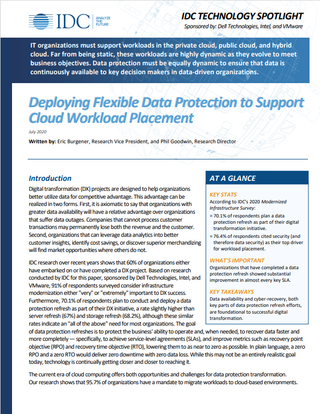NSW ditches e-voting system for 2023 election
The electoral commissioner has suggested there should be a review of internet voting following the problems with the system found last December

The NSW electoral commissioner has decided that iVote, the state’s electronic voting system, will not be used at the 2023 state election.
The iVote system has been in place for voters to cast their votes online or over the telephone in state elections since 2011, and since 2021 in government elections. However, in December the state had to remove the online voting system after a technical glitch prevented citizens from casting their votes.
The electoral commissioner John Schmidt said that in 2022/2023, the current version of the iVote software used by the Electoral Commission will be phased out. There isn’t enough time to configure and test a new version before March 2023, which led to the commissioner stating he cannot be confident an updated system adapted for NSW elections will be ready in time.
This led to Schmidt deciding that iVote will not be used at the 25 March 2023 election, or at any intervening by-elections between 1 July 2022 and 25 March 2023.
The commissioner announced his decision now to make election participants aware of the change that will apply to voting in the general election as early as possible. He also made it clear that the decision not to use iVote at the state general election in 2023 has not been driven by any concerns about cyber security matters in previous elections.
The Electoral Commission is also going to start work immediately with representatives of core iVote users to explore other ways to support their participation in the election, including electors whose disability or location overseas or in remote NSW areas makes traditional voting a challenge.
“In particular, the electoral commissioner will be recommending to the NSW Government that ordinary telephone voting still be made available for blind and low vision electors,” said the NSW Electoral Commission. “This option has been delivered successfully at the recent four state by-elections and at two local government by-elections under COVID-19 special temporary arrangements.”
Get the ITPro. daily newsletter
Receive our latest news, industry updates, featured resources and more. Sign up today to receive our FREE report on AI cyber crime & security - newly updated for 2024.
The electoral commissioner pointed out the results of recent surveys the Commission undertook which showed that most voters’ experiences with iVote at the Local Government elections in December 2021 were positive, with almost triple the number of voters successfully using the system than at any previous election.

Deploying flexible data protection to support cloud workload placement
Why data availability and cyber recovery are foundational to successful digital transformation
Given that problems did arise for some voters, however, and the impact on three local elections in particular, the commissioner is recommending a target review before internet voting be considered for use at future elections. The review would consider the framework that governs internet voting to confirm if it remains appropriate for the environment in which it operates and to identify any opportunities for improvement.
“Electronic voting systems are mission-critical and also they are highly complex because of the demands of security and the need to maintain vote privacy for voters,” professor Steve Schneider, director of Surrey Centre for Cyber Security, told IT Pro.
“It is important that the voting public has confidence in the systems they are using as a loss of trust could be critical, so it looks like NSW have taken the right decision here.”
Zach Marzouk is a former ITPro, CloudPro, and ChannelPro staff writer, covering topics like security, privacy, worker rights, and startups, primarily in the Asia Pacific and the US regions. Zach joined ITPro in 2017 where he was introduced to the world of B2B technology as a junior staff writer, before he returned to Argentina in 2018, working in communications and as a copywriter. In 2021, he made his way back to ITPro as a staff writer during the pandemic, before joining the world of freelance in 2022.





